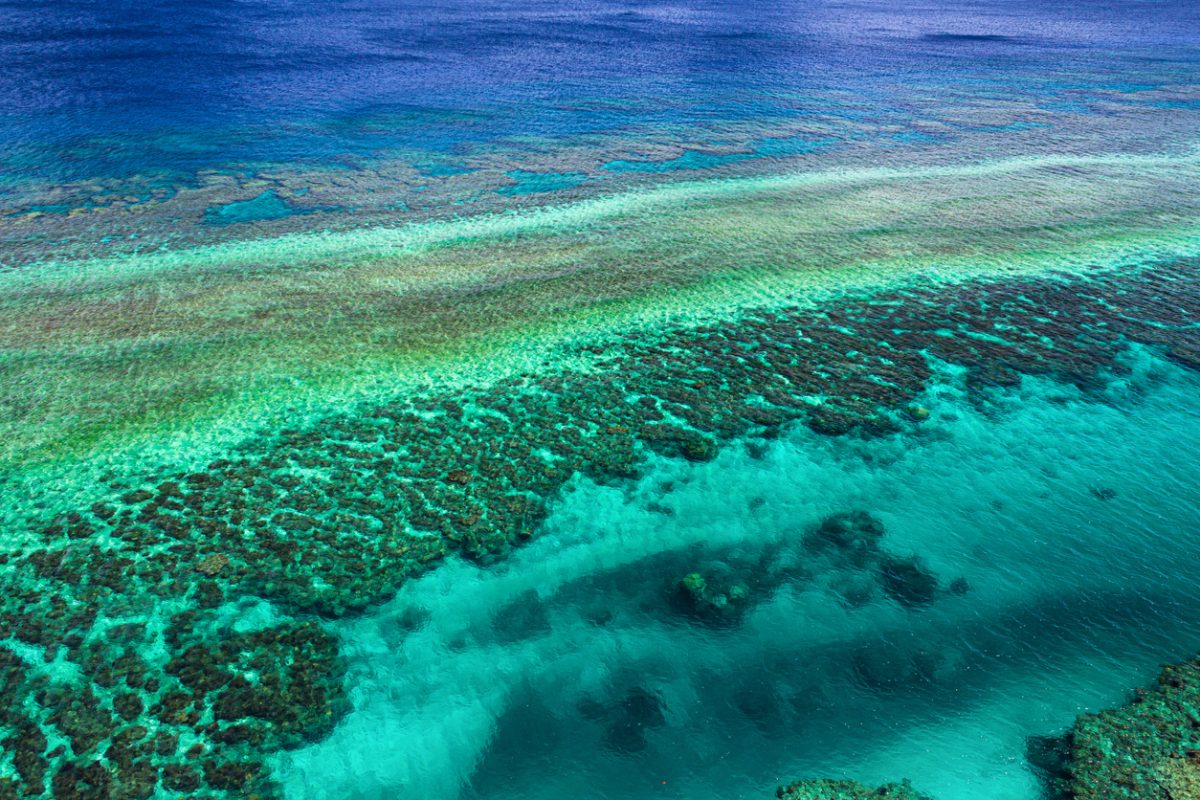Raw material deposits could cover global demand for decades. Mining technology is to be optimized in the next few years.
Japan plans to extract rare earths from the mud of its coastal waters at a depth of 6,000 meters. In the next fiscal year, starting in April, the development of methods for mining is to begin, writes the Japanese newspaper The Yomiuri Shimbun.
For this purpose, the government wants to use a technology that was tested off the coast of Ibaraki Prefecture earlier this year: With the help of the deep-sea exploration vessel Chikyu, some 70 tons of mud per day had been pumped out from a depth of 2,470 meters there. Future plans are to strengthen the pumps and extend the riser pipes, with the aim of being able to work in even deeper waters and pump 350 tons per day. Prospecting work is to take place over the next five years, and private companies are to be allowed to enter the market from 2028.
Deposit could meet global rare earth demand for decades
The raw material deposits in the marine mud were discovered in 2012 near the coral island of Minami-Torishima, located in Japan’s so-called Exclusive Economic Zone. A study concluded that the critical minerals stored here could meet global demand for at least the next few decades. Compared with the mining of rare earths on land, the extraction from deep-sea muds would also produce less radioactive material, writes the scientific journal Nature. However, it would be a challenge for Japan to develop suitable technologies and make pumping rare earth mud from the deep sea economically viable, Yomiuri said.
Until now, the island nation has relied almost entirely on imports, most of which come from China, for its supply of rare earths. Domestic production of the raw materials, which are important for numerous technologies, is expected to reduce dependence. Japan also wants to diversify its supply chains through greater cooperation with resource-rich Australia.
Germany does not want to support deep-sea mining
Meanwhile, the German government is taking a different approach to deep-sea mining: As was announced yesterday at the meeting of the Council of the International Seabed Authority in Jamaica, it does not intend to support any such applications to date and is also calling on member states to do so. The current state of research is not sufficient to rule out serious environmental damage from the mining of raw materials in the deep sea, according to the decision statement.
Photo: iStock/wataru aoki


